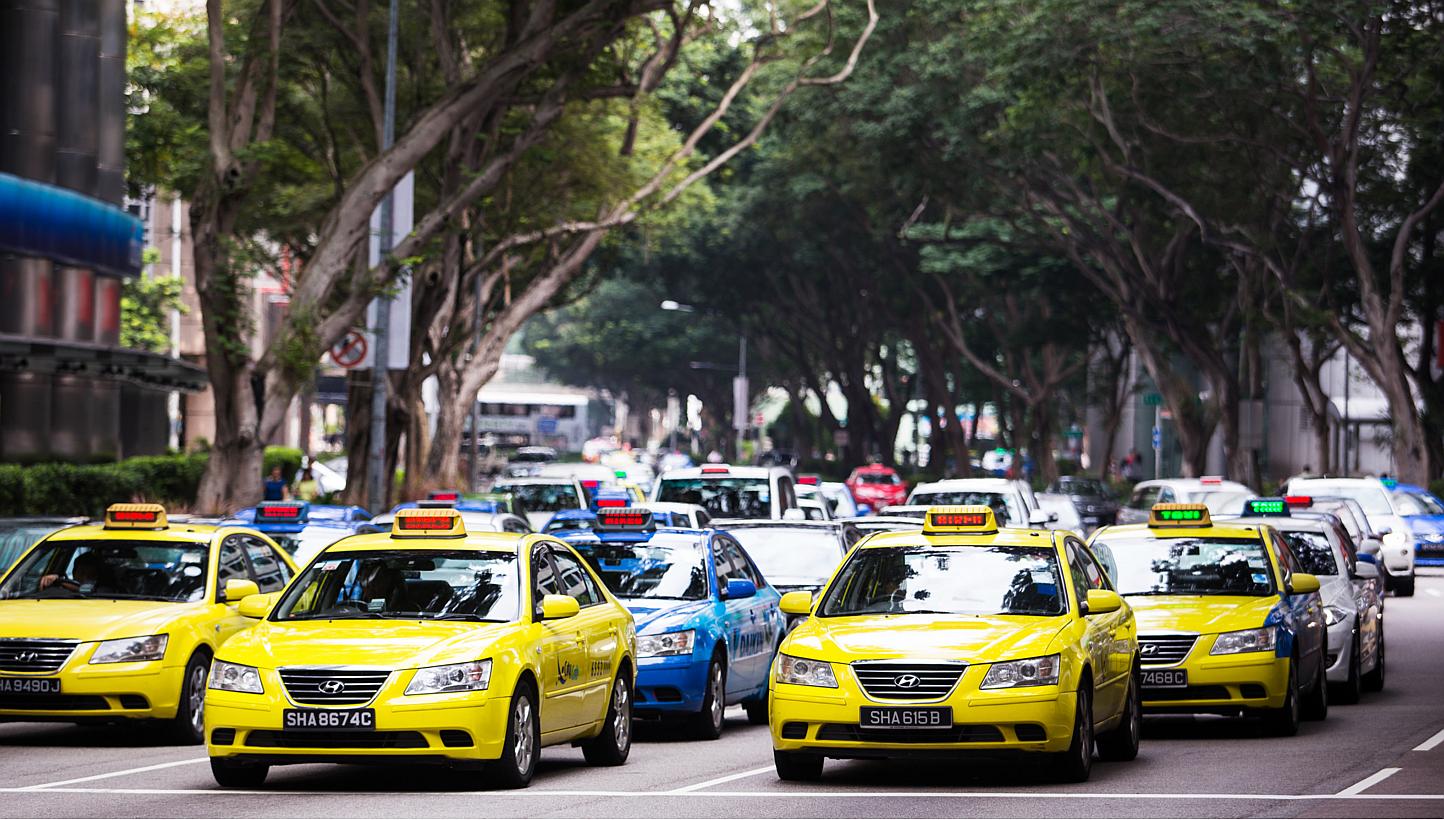New law on third-party taxi-booking apps: Five things commuters should know
Sign up now: Get ST's newsletters delivered to your inbox

The Government this week stepped in to regulate the growing sector of third-party taxi booking services, promising to safeguard the interest of commuters while also allowing space for the nascent industry to innovate and expand. -- PHOTO: BLOOMBERG
Chong Zi Liang
Follow topic:
SINGAPORE - That sinking feeling when you are already late for your appointment but can't seem to get a taxi has eased somewhat with the emergence of smartphone apps such as GrabTaxi, Hailo and Uber.
But even as such apps become increasingly popular, concerns have also been raised about passenger safety and fairness to taxi drivers.
The Government this week stepped in to regulate the growing sector of third-party taxi booking services, promising to safeguard the interest of commuters while also allowing space for the nascent industry to innovate and expand. On Monday, it passed the Third-Party Taxi Booking Service Providers Bill in Parliament after a short debate.
In a nutshell, here are five things that commuters need to know about the new law:
1) No need to specify destination
Third-party taxi booking services are not allowed to require commuters to specify their destinations before making bookings. This is to prevent taxi drivers from cherry-picking their fares or ignoring commuters whose destinations they deem inconvenient.
However, commuters can still choose to input their destinations while making a booking, should they wish to do so. The rules simply prevent this step from being made mandatory.
2) No bidding, no pre-trip tipping
As taxis are a form of public transport that should be equally accessible to all, passengers using these apps will not be allowed to bid or leave tips for their trips in the hope of securing a ride more quickly.
3) Taxi or chauffeured car?
Some of the apps on the market now allow users to book not just taxis but also chauffeured car services, sometimes referred to as limousine services. These cars are not provided by taxi operators and their prices can be higher than those of regular taxis.
Under the new law, the apps must be upfront about which service the commuter is opting for and cannot send a chauffeured car if the passenger has chosen a taxi. The apps must also display all surcharges, prices, and booking fees clearly.
4) What a chauffeured car cannot do
Speaking of chauffeured cars, they have always not been allowed to pick up passengers along the streets. Such services must be booked in advance and are distinct from taxis that can be hailed.
But MPs have said that some chauffeured cars have been flouting the rules by trawling taxi stands and crowded night spots in the hope of picking up a fare.
In response, Transport Minister Lui Tuck Yew said in Parliament on Monday that the authorities were stepping up checks on such practices, through information gathered from whistleblowers as well as mystery shopping.
5) Growing industry
Overall, Mr Lui has called third-party taxi booking apps a "positive development" that benefits both commuters and taxi drivers, as demand is matched to supply more efficiently. So it looks like the services are here to stay.
As such, the Government will give space for the industry to grow by adopting a light-touch approach.
It will require only apps that have more than 20 participating taxis to register under the new laws. This will allow budding services to have room for experimentation before expanding in size, he said.
ziliang@sph.com.sg

